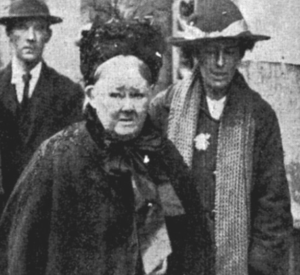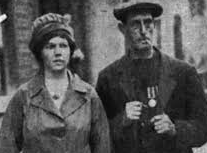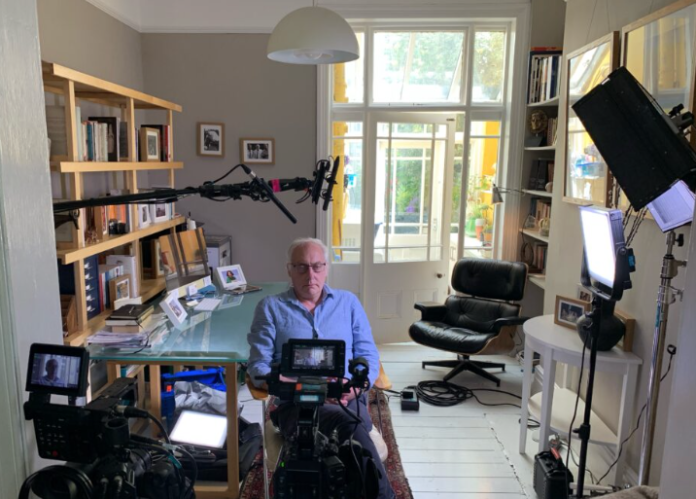- Return to sender - 20th February 2026
- Legal eagle - 19th February 2026
- Round Robin - 19th February 2026

Here our Editor Phil Parry, who has spent 40 years in journalism, celebrates how an extraordinary legal case from the 1920s of poison pen letters has now been turned into a hit film, five years after he wrote about it in his book.
Earlier he described how he was assisted in breaking into the South Wales Echooffice car when he was a cub reporter, recalled his early career as a journalist, the importance of experience in the job, and made clear that the ‘calls’ to emergency services as well as court cases are central to any media operation.
 He has also explored how poorly paid most journalism is when trainee reporters had to live in squalid flats, the vital role of expenses, and about one of his most important stories on the now-scrapped 53 year-old BBC Wales TV Current Affairs series, Week In Week Out (WIWO), which won an award even after it was axed, long after his career really took off.
He has also explored how poorly paid most journalism is when trainee reporters had to live in squalid flats, the vital role of expenses, and about one of his most important stories on the now-scrapped 53 year-old BBC Wales TV Current Affairs series, Week In Week Out (WIWO), which won an award even after it was axed, long after his career really took off.
Phil has explained too how crucial it is actually to speak to people, the virtue of speed as well as accuracy, why knowledge of ‘history’ is vital, how certain material was removed from TV Current Affairs programmes when secret cameras had to be used, and some of those he has interviewed.

He has disclosed as well why investigative journalism is needed now more than ever although others have different opinions, how the coronavirus (Covid-19) lockdown played havoc with media schedules, and the importance of the hugely lower average age of some political leaders compared with when he started reporting.

It is always pleasing when it becomes obvious that others share your opinion.
I immediately latched onto an astonishing legal case involving foul-mouthed poison pen letters from the 1920s because it showed how the law can sometimes be an ass – so I included it in my book five years ago.
This is what I wrote in 2019: “In 1921 an interesting court case took place after a strange incident in Littlehampton.

“A woman called Edith Swan had been sending poison pen letters…
“Here is an extract of one of them: ‘You bloody fucking piss country whores go and fuck your cunt. It’s your drain that stinks not your fish box. Yo fucking dirty sods. You are as bad as your whore neybor’.
“But the jury in the libel trial of Swan refused to convict because she had an education (unbelievably) after a judge’s direction, and another jury later wrongly convicted an ill-educated woman called Rose Gooding, who was sentenced to 12 months in prison with hard labour.


“She was fully exonerated afterwards.”
This unbelievable incident has now become a hit film called Wicked Little Letters starring Olivia Colman and Jessie Buckley.
One reviewer said of it: “…the increasingly raunchy letters will have you howling with laughter”.
Another that it was: “…an absolute blast”.
I cannot claim I was responsible because many others knew of these events.

For example a 2018 article in the London Review of Books (LRB) concerned history professor Christopher Hilliard’s book The Littlehampton Libels.
Nevertheless the timing is propitious.
The memories of Phil’s decades-long award-winning career in journalism (including details of this case which inspired the film) as he was gripped by the rare disabling condition Hereditary Spastic Paraplegia (HSP), have been released in a major book ‘A GOOD STORY’. Order it now!

Regrettably publication of another book, however, was refused, because it was to have included names.









